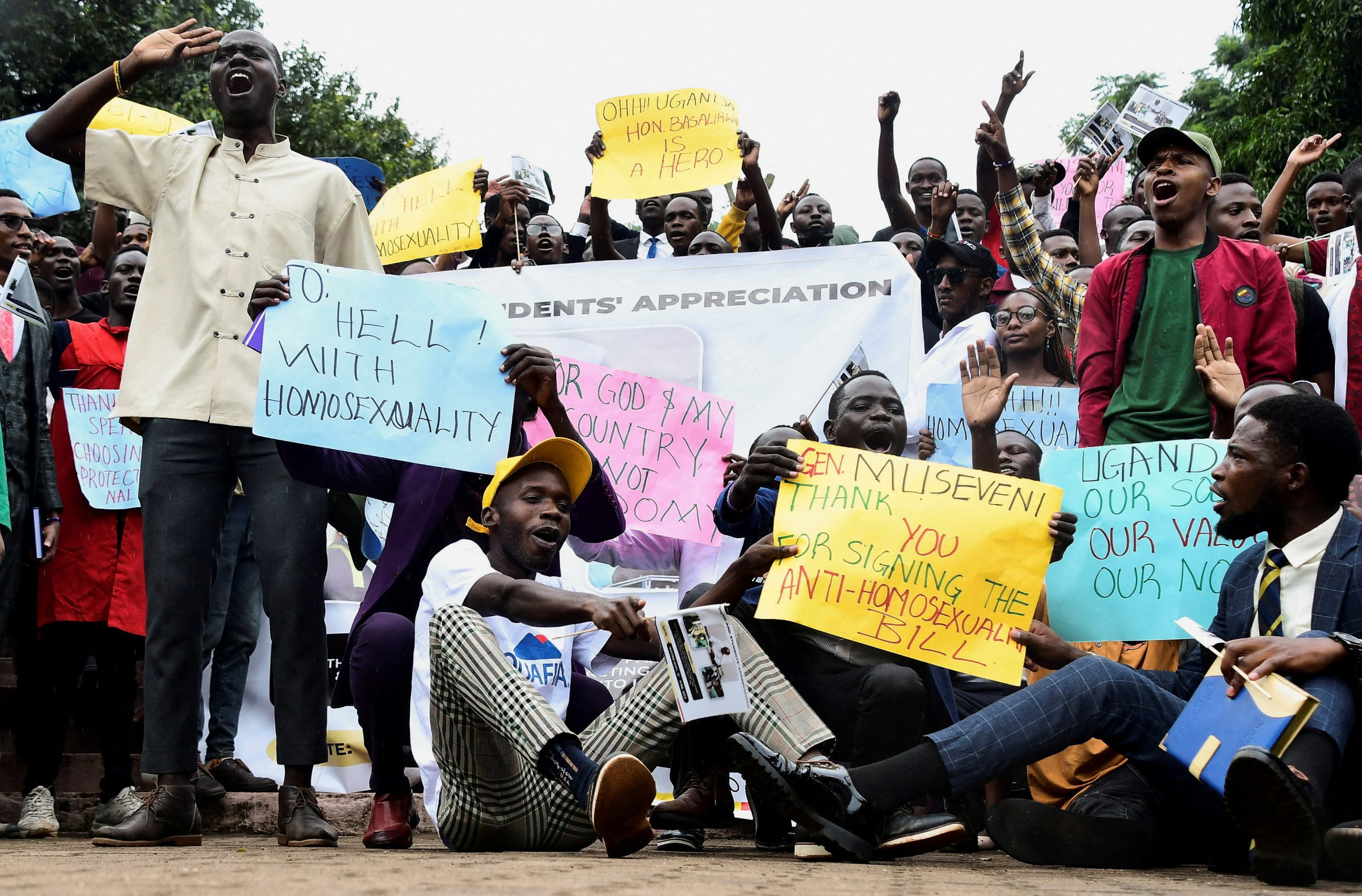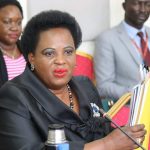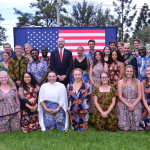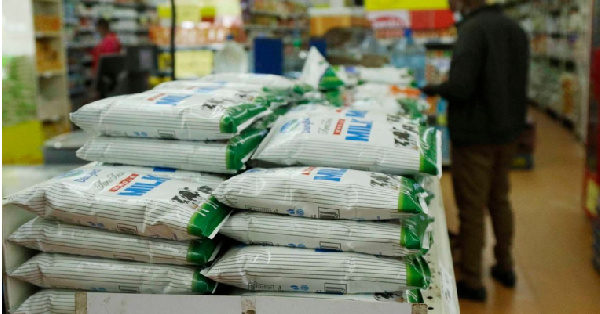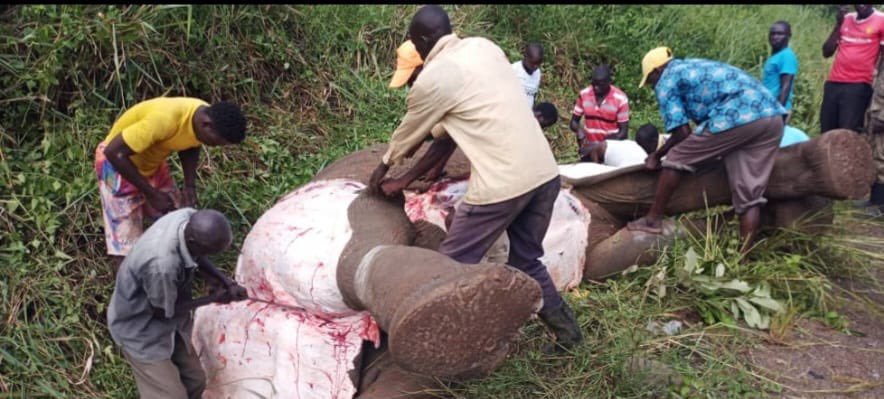The private sector is facing warnings and advisories from the United States and the World Bank, which have raised concerns about conducting business in the country due to human rights violations and corruption.
The U.S. Departments of State, Labor, Health and Human Services, Commerce, and the U.S. Agency for International Development (USAID) jointly issued an advisory alerting U.S. businesses, individuals, and organizations to the potential risks associated with doing business in Uganda. The advisory highlighted the risks of endemic corruption, violence against human rights activists, media members, health workers, minority groups, LGBTQI+ individuals, and political opponents in the country.
This advisory is intended to caution investors and entities about conducting business in Uganda, with the possibility of reducing investment flows from the United States. Uganda, especially its extractives industry, relies on foreign capital to fund exploration and development activities.
Richard Kaijuka, Chairman of the Uganda Chamber of Mines and Petroleum, expressed confidence that long-term investors will not be deterred by these statements, as investments typically outlast the prevailing situation in the country. He emphasized the importance of Uganda’s human rights record in shaping the business and investment climate.
U.S.-Uganda trade relations showed an upward trend in 2022, with Uganda’s goods exports to the U.S. reaching $174 million, a significant increase from previous years. On the other hand, U.S. goods exports to Uganda were valued at $167 million in 2022. Uganda’s trade balance with the U.S. shifted from a goods trade deficit of $75 million in 2021 to a surplus of $7 million in 2022. Furthermore, U.S. foreign direct investment (FDI) in Uganda increased by 13.0 percent, reaching $104 million in 2022.
The 2023 Investment Climate Statement issued by the U.S. government highlights the risks associated with endemic corruption and the lack of respect for human rights in Uganda. Additionally, the 2022 Country Report on Human Rights Practices in Uganda points out government restrictions on an independent legislature and a lack of commitment to fair trial guarantees. The report also mentions “elite capture of critical institutions,” including the military and police, which could become more frequent in the lead-up to the 2026 elections, similar to patterns observed in previous electoral processes.
Addressing the 4th National Youth Entrepreneurship Forum and Expo, President Yoweri Kaguta Museveni emphasized his stance against foreign interference in Ugandan affairs. He called on the West to refrain from lecturing Uganda on human rights and LGBTQI+ issues, asserting his capability to handle these matters.
In August, following the World Bank’s announcement of halting future loans to Uganda, Museveni reiterated his belief that Uganda can thrive without foreign aid. He argued that many loans granted to the country were unnecessary and could have negative effects on Uganda’s development. He also pointed out that foreign aid and loans had not led to social-economic transformation and questioned their role in the growing crisis of security and stability in Africa.

